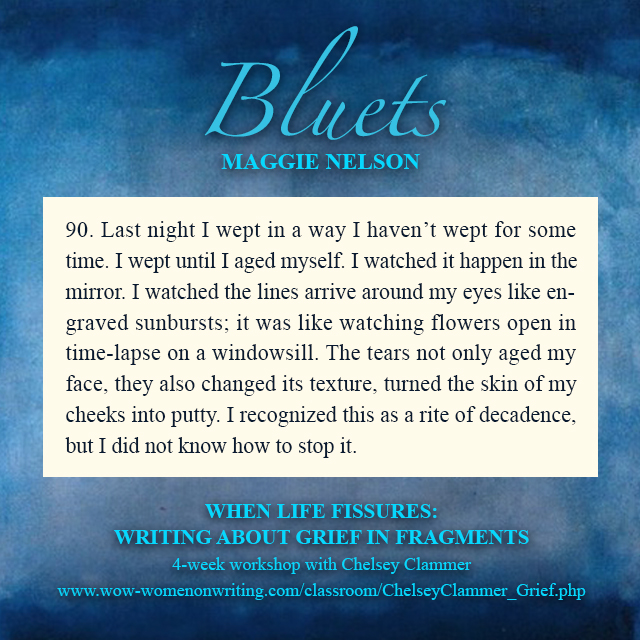 |
| Tropes help readers identify their type of story. |
When a reader picks up a fantasy novel, a rom-com, or a cozy mystery, they come to the book with certain expectations. A fantasy reader expects magic. Rom-com fans want both romance and laughs. Cozy readers want to watch someone just like them catch the bad guy.
Using your genre’s tropes will help you meet their expectations.
First of all, you need to understand what a trope is. In short, a trope is a device. Hmm. That’s not very satisfying as explanations go. A trope is a plot element, a theme, or a character type that readers expect to find in this type of story.
If you are writing a fantasy novel, possible tropes include:
- A character who is chosen to solve an epic problem or is the heir to the kingdom/all things magical.
- A mentor character.
- Someone or something indescribably evil.
- A tarted-up medieval setting.
- A powerful artifact.
- A quest.
- Friends to lovers.
- Enemies to lovers.
- Someone popular/successful falls for someone unpopular/unsuccessful.
- The makeover.
- Love triangles.
- Stuck with each other – think snowstorm, elevator, vital to the company project that must be completed the evening of Valentine's Day.
- Second chance.
- Soul mates.
- Amateur detective.
- No on-screen violence or sex.
- Food including what the amateur detective makes but also frequent dining out.
- The victim was not a nice person.
- But everyone has something to hide.
- Pets, pets, and more pets.
- Quirky locations full of quirky characters.
After all, they can serve as convenient shortcuts. Fantasies include magic. You don’t need to spend a considerable portion of your word count explaining systems of magic or spell casting to your readers. Readers who pick up paranormal mysteries are ready to believe that the story could include a ghost. And science fiction readers will accept faster than light travel.
Tropes also increase reader satisfaction. A romance reader who loves enemies to lovers stories will be primed to like your enemies to lovers story. A fantasy reader who wants to root for the underdog will pick up a book about someone who finds out that they are heir to the kingdom. Cozy readers love to try to sort out red herrings and clues as they read.
When you tell readers that your book is a certain genre, this claim is a contract of sorts. Readers approach your story with a set of expectations. Know what they are and deliver a variety in a story that is all your own and readers will be primed to enjoy the trip from Once Upon a Time to The End.
--SueBE
Sue Bradford Edwards' is the author of over 35 books for young readers. To find out more about her writing, visit her site and blog, One Writer's Journey.
The next session of her new course, Pitching, Querying and Submitting Your Work will begin on March 6, 2023). Coping with rejection is one of the topics she will cover in this course.
Sue is also the instructor for Research: Prepping to Write Nonfiction for Children and Young Adults (next session begins March 6, 2023) and Writing Nonfiction for Children and Young Adults (next session begins March 6, 2023).















